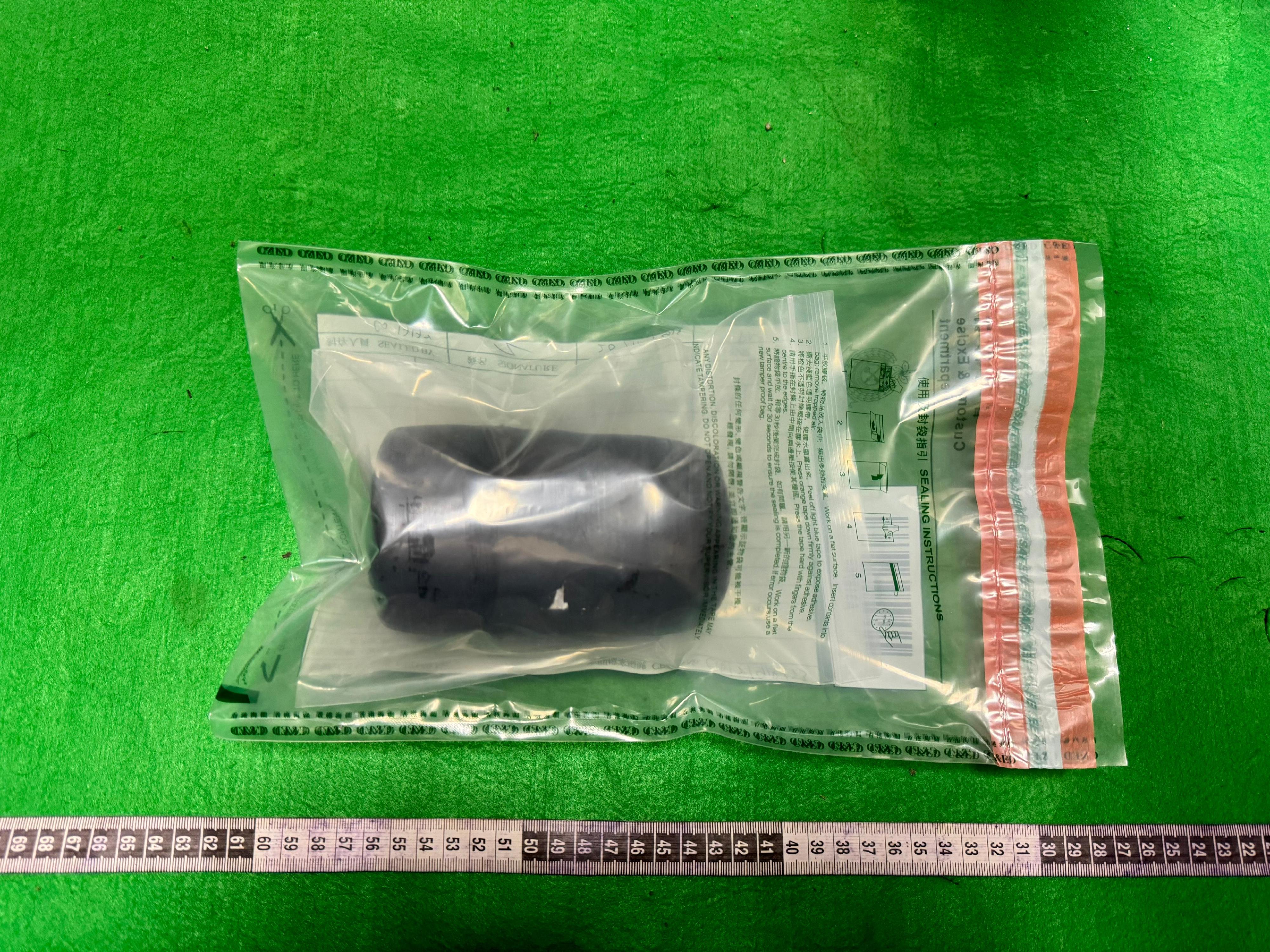FSTB launches GBA Fintech Two-way Internship Scheme for Post-secondary Students
The Financial Services and the Treasury Bureau today (October 27) launched the GBA Fintech Two-way Internship Scheme for Post-secondary Students to help students acquire practical work experience in fintech companies in Hong Kong and Mainland cities of the Guangdong-Hong Kong-Macao Greater Bay Area (GBA).
The Secretary for Financial Services and the Treasury, Mr Christopher Hui, said, “The Government has been attaching great importance to nurturing fintech talent. The Scheme will enable students to gain first-hand understanding of the operation of fintech companies and fintech ecosystems of Hong Kong and the Mainland, and equip them early with knowledge in pursuing a career in fintech, thereby enlarging the local fintech talent pool.”
In his 2023-24 Budget, the Financial Secretary announced the introduction of a fintech internship scheme for post-secondary students. The Scheme will provide more than 150 internship positions in Hong Kong and Mainland cities of the GBA (Guangzhou, Shenzhen and Zhuhai), covering fintech companies of different segments in Hong Kong and the Mainland, including virtual banks, virtual insurers, regtech, wealthtech, credittech and payment tech. More than 30 fintech companies will participate in the Scheme.
The Scheme is targeted at full-time students studying fintech-related subjects in post-secondary institutions in Hong Kong and Mainland cities of the GBA, including higher diploma and associate degree students, undergraduates, master’s degree students or postgraduates. Internship positions in Hong Kong accept applications from Mainland students studying in Hong Kong, as well as Mainland students studying in Mainland cities of the GBA who hold valid permits to enter Hong Kong. Internship positions in Mainland cities of the GBA accept applications from Hong Kong students studying in Hong Kong and Mainland cities of the GBA. The Scheme will provide students with a two-month internship opportunity (with extension up to six months) and a monthly subsidy of HK$12,000 (or RMB10,500).
The winter internship scheme is open for application from today until November 30. The first batch of students is expected to commence internships by the end of this year at the earliest. Details of the summer internship scheme will be announced in the first half of next year.
The Financial Services and the Treasury Bureau has appointed Cyberport to administer the Scheme. For details of the application procedures and internship positions, please visit the dedicated website of Cyberport (gbafinternship.cyberport.hk/). read more


